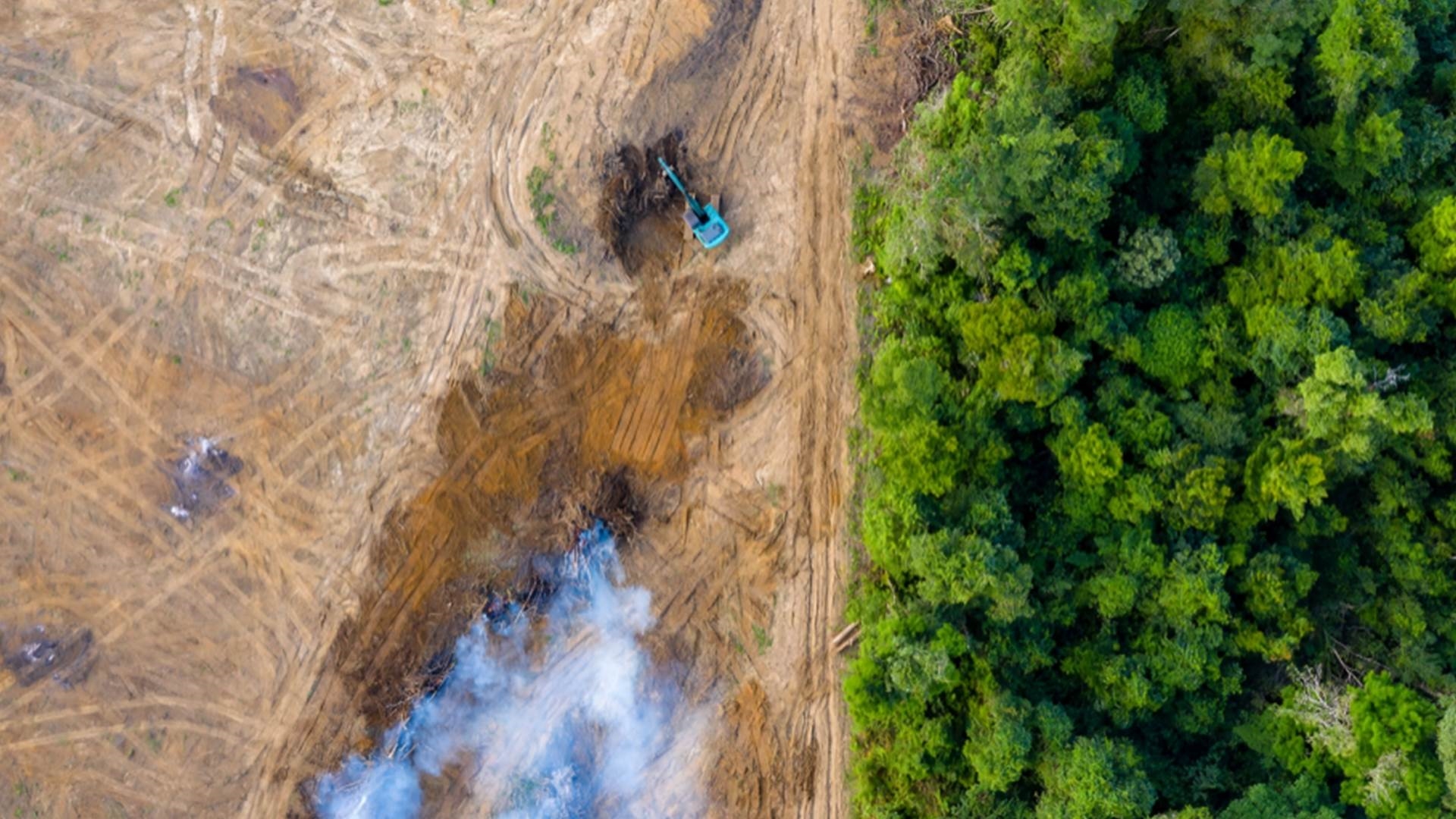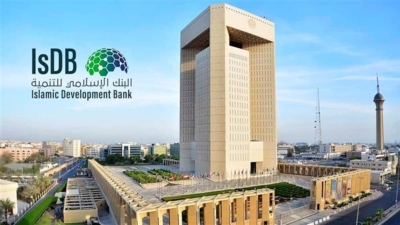New global risks of deforestation
First Bank

Deforestation is a critical environmental issue that contributes significantly to climate change, as it affects our planet enormously, disrupting the delicate balance of the Earth's ecosystem
Most of the world's nations are striving to stop deforestation and to increase it by 2030, as revealed in the findings of the recent annual assessment report of the World Resources Institute, where it was noted that the volume of tropical primary forests lost in 2023 remains at near constant levels over the past years.
This comes as a result of a 36% and 49% decline in forest loss in Brazil and Colombia between 2022 and 2023, respectively. In contrast, there have been sharp increases such as Bolivia, Laos, Nicaragua, Cameroon, the Congo, the Democratic Republic, Cameroon and Indonesia.
According to the report, Bolivia's primary forest loss in 2023 increased by 27%, owing to fires and the expansion of agricultural areas, to an all-time high for the third consecutive year, notably the third largest forest loss compared to any other tropical country, although it contains less than half of the forest area in the Democratic Congo or Indonesia
On deforestation in the Democratic Republic of the Congo, the report noted that an estimated half a million hectares of tropical primary forests were lost annually.
The situation is not very different in Indonesia, where forest loss increased by 27% in 2023, particularly due to the El Niño phenomenon
According to the report, last year's tropical forest loss alone was about 3.7 million hectares, equivalent to 10 football fields per minute. This decrease represents a 9% decline from 2022, but is almost identical to the 2019 and 2021 indicators.
This loss resulted in 2.4 gigatons of CO2 emissions in 2023, equivalent to half of the United States' annual fossil fuel emissions
According to the report, the size of the area lost declined from 8.22 million hectares in 2022 to 3.28 million hectares in 2023, noting that if Canada was excluded from this data, the rate of loss of forest space in the rest of the world fell by 4% last year.
As for fires that could be a natural part of the northern forest ecosystem, the report noted that more intense and more frequent fires could lead to lasting changes in forests
He explained that fires could continue to burn underground, causing new fires, resulting in more damage
The report also highlighted positive results, noting that the rate of loss of forest cover in the Amazon biosphere, which is home to the world's largest and most important rainforest, fell by 39% in 2023 compared to the previous year
This decline is due to the Brazilian Government's policy as President Lula da Silva ascends to Government in early 2023, repealing anti-environmental measures, recognizing new indigenous areas and strengthening law enforcement efforts
However, this positive news coincides with the worst-ever drought in the Amazon region caused by the 2023 wildfires followed by record fires in Roraima State last February.
Although fires are a natural feature of the tropical forest ecosystem, the severe drought that lasted for several years and was caused in part by climate change has led to frequent fires in large areas, which has raised experts' concern about the ecosystem's ability to recover.













